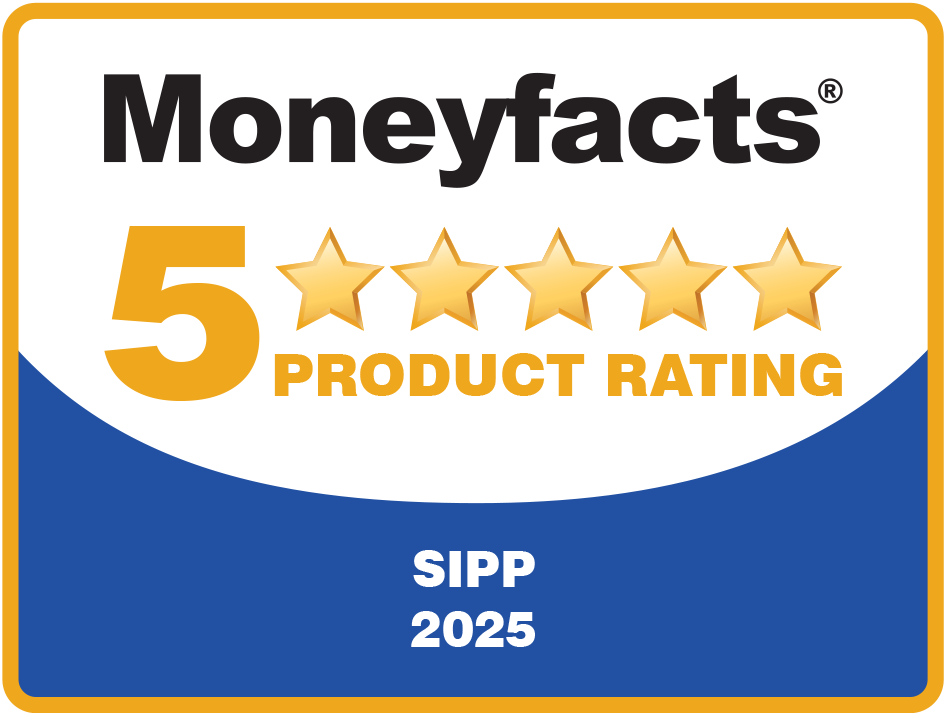4 useful tips if your client’s SIPP provider has failed or been bought
It is fair to say that the SIPP market has evolved since the 1980s, when providers brought the first self-invested pension schemes to market.
Once seen as an option for high net worth clients with niche requirements, SIPPs now appeal to the masses and some providers let you open one online in a matter of minutes.
Similarly, back in the 1980s and 1990s there were only a handful of SIPP providers in the market. Today, you would consider these the more traditional providers – specialist firms with strong technical expertise that lend themselves well to the “niche” tag of SIPPs.
Now, there are a wide range of SIPP offerings available from many different companies, from specialist SIPP providers to investment houses and insurance companies.
You’ve previously read about at the different types of SIPPs available in the market and this referenced some research carried out by Defaqto.
In 2021, Defaqto suggested that there were 122 different SIPP products in the market, offered by 74 different firms. These figures are actually lower than those reported in 2019, where 84 different providers were offering 136 different types of SIPP products.
So, why was there a drop of more than 10% in providers offering SIPPs in just two years?
Some may point to the increased capital adequacy requirements for SIPP operators introduced by the FCA in September 2016. This saw a sharp increase in the liquidity SIPP operators must retain in their business – for example, IPM’s requirement increased seven-fold overnight.
Another reason may be that a SIPP provider may have been acquired by a competitor.
In recent years Professional Adviser has reported that Talbot and Muir was acquired by Curtis Banks. Money Marketing reported on the deal that saw Embark buy Rowanmoor, before the brand became a stand-alone provider again.
Others may look at the number of SIPP providers that have failed over the last few years. If you have an interest in the SIPP market you will have no doubt have heard about the many scenarios involving firms such as Guinness Mahon, Liberty SIPP, and Guardian Pension Consultants among others.
FTAdviser recently reported that another such firm, Lifetime SIPP, has seen the FSCS pay out over £44 million in claims so far.
If you have a client that is with a SIPP provider that later becomes part of another company, it can be a concerning time, particularly if the previous provider has failed.
In theory, the new provider should continue to seamlessly administer the benefits on behalf of clients. However, judging by the calls we receive from advisers and clients in this position, this is not always the case.
This is particularly true where SIPP providers have failed. It is sometimes a case of jumping from the frying pan into the fire, with poor service and high fees being two of the most common comments we hear.
In our recent article we looked at some of the key questions your clients should be asking their SIPP provider. If your client finds themselves in the position where their SIPP provider has failed, or been bought, here are some useful tips for managing the situation.
Understand who will be running the scheme
Where a SIPP provider has sold their business, details of the new provider are often clearly communicated to clients.
In the event of a SIPP provider collapsing, an administrator will be appointed to wind up the business. The book of SIPP clients will often be transferred to (or bought by) an alternative SIPP provider, whose role will then be to continue running the scheme with as minimal disruption to clients as possible.
In both scenarios, clients may be offered a period where they are able to transfer their benefits to a provider other than the one acquiring the book of clients.
Find out what charges will be applied
It is important to understand the charges the new SIPP provider will levy.
Are they adopting the charging structure of the previous provider, or will they apply their own charging structure? If it’s the latter, will these fees apply straight away or is there a period of time before these will be applied?
The new provider should make a copy of their fee schedule available to you, or your client.
Request a due diligence pack from the new SIPP provider
If the client’s SIPP is going to remain with the new provider it is important to understand more about the company, such as how it is structured, what kind of SIPP they offer, and their financial situation.
These days, most SIPP providers have a due diligence pack which can be sent out upon request (click here if you’d like ours).
Alternatively, you could ask the provider some of the questions outlined in our recent article.
If your client is unhappy, find out what the options are in respect of transferring to another scheme
Transfers between SIPP providers should be a simple process – at least in theory! It’s the kind of assets a SIPP holds that will determine whether this is the case in reality.
Straightforward transfers should include those SIPPs:
- That hold unitised investments through a platform
- That have a discretionary fund manager running the SIPP monies
- Where the monies are held in a bond.
If a SIPP holds a commercial property, a client can transfer it but is not as simple as some other assets. Transfers in-specie of property are something we are used to dealing with and you can find useful information about in-specie transfers on our website.
In cases where a SIPP has been moved from a failed provider, it can be that the SIPP holds a non-standard asset, or an investment with nil value. This will make it difficult to not only transfer the asset to another provider, but to find a provider who would be willing to accept this.
You should also check with the new provider whether there is a period where any transfer costs are waived, which can sometimes be the case when a new provider acquires a book of business.
Get in touch
If you have a client who is looking to transfer their SIPP – whatever the reason! – please get in touch to find out how we can help.
Email info@ipm-pensions.co.uk or call 01438 747 151.



